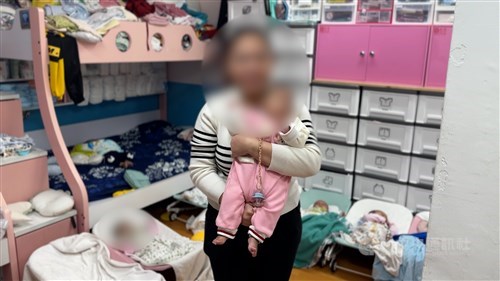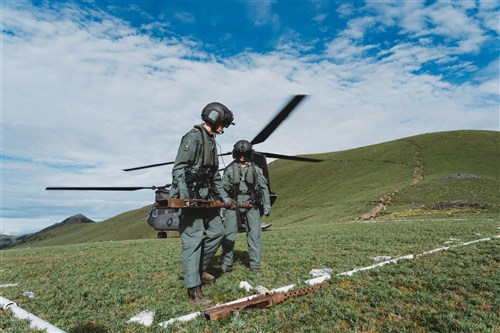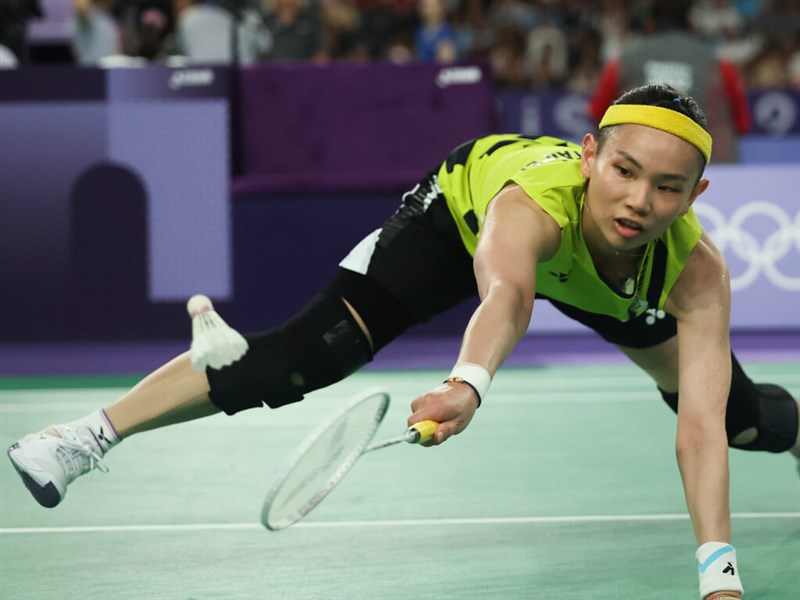For the relatives of the Feb. 28 Incident victims, injustice continues to loom. The statue of former dictator Chiang Kai-shek (蔣介石) still dominates the memorial hall dedicated to him in Taipei, despite continuing calls for it to be torn down.
(Full text of the story is now in CNA English news archive. To view the full story, you will need to be a subscribed member of the CNA archive. To subscribe, please read here.)
More in FEATURE
-
![Undocumented migrant worker's high-risk birth exposes major medical gap]() Undocumented migrant worker's high-risk birth exposes major medical gapWhen an undocumented Indonesian caregiver living in Taiwan became pregnant in January 2025, she saw it as a blessing, even though it was unplanned.02/05/2026 12:35 PM
Undocumented migrant worker's high-risk birth exposes major medical gapWhen an undocumented Indonesian caregiver living in Taiwan became pregnant in January 2025, she saw it as a blessing, even though it was unplanned.02/05/2026 12:35 PM -
![Amid obstacles, Taiwan businessman still seeking WWII tragedy closure]() Amid obstacles, Taiwan businessman still seeking WWII tragedy closureWorld War II may have ended 80 years ago, but for businessman Hsu Shun-lung (許順隆), it continues to echo in Taiwan through a tragedy that has yet to be brought to a final resolution.12/27/2025 09:48 AM
Amid obstacles, Taiwan businessman still seeking WWII tragedy closureWorld War II may have ended 80 years ago, but for businessman Hsu Shun-lung (許順隆), it continues to echo in Taiwan through a tragedy that has yet to be brought to a final resolution.12/27/2025 09:48 AM -
![End of an era: Tai Tzu-ying and her legacy]() End of an era: Tai Tzu-ying and her legacyLate Friday night, former world No. 1 female badminton player Tai Tzu-ying (戴資穎) officially announced her decision to hang up her racket via social media, drawing to a close a professional career that has spanned over half of her 31 years of life.11/08/2025 05:00 PM
End of an era: Tai Tzu-ying and her legacyLate Friday night, former world No. 1 female badminton player Tai Tzu-ying (戴資穎) officially announced her decision to hang up her racket via social media, drawing to a close a professional career that has spanned over half of her 31 years of life.11/08/2025 05:00 PM
Latest
-
Society
Man with knife handle sticking out of pocket on Taipei MRT arrested
02/08/2026 02:51 PM -
Politics
Underwater footage of Taiwan's submarine prototype released for first time
02/08/2026 02:20 PM -
Society
Cold surge warning imposed for most of Taiwan throughout Sunday
02/08/2026 01:53 PM -
Society
Taiwan headline news
02/08/2026 08:38 AM -
Politics
Washington the target audience of KMT-CCP forum: Scholars
02/07/2026 10:55 PM


